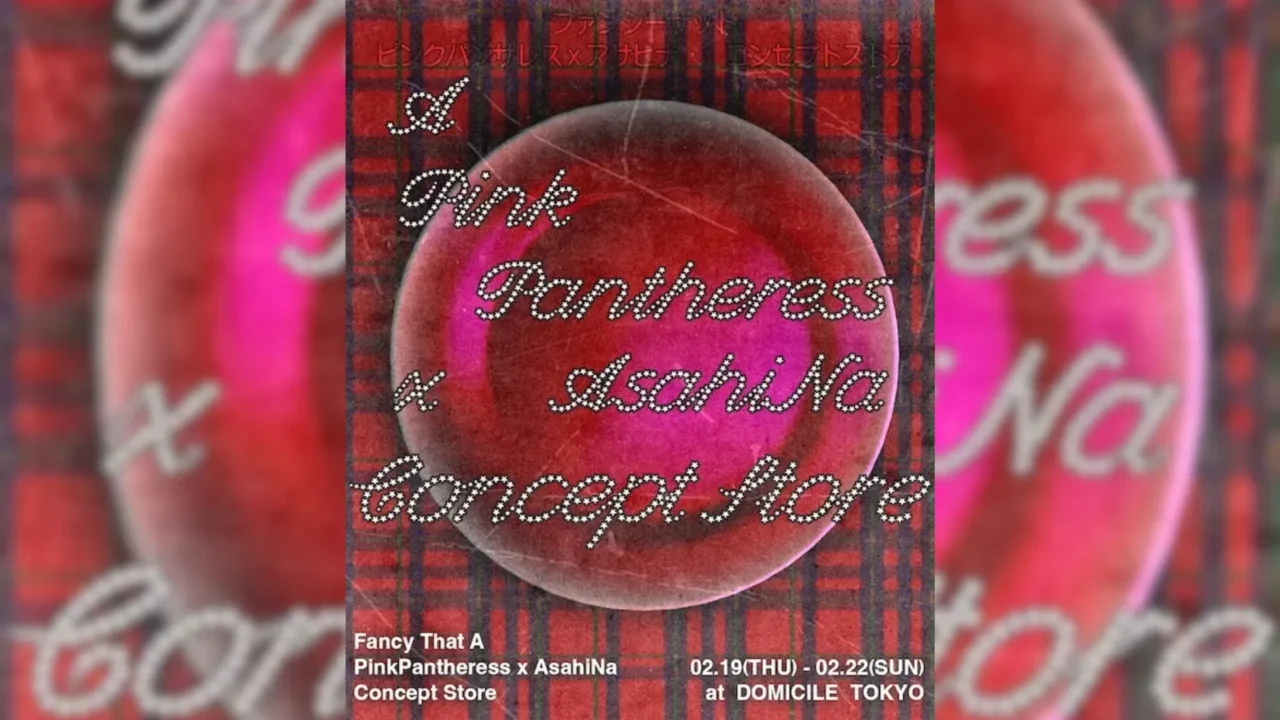INDEX
Reclaiming Identity: The Journey to the Philippines at 15
You moved to the Philippines at 15 under those circumstances. Choosing to make such a big decision at that age must have been significant. What do you think was the driving force behind taking that action?
ena mori:For me, moving to the Philippines felt like a natural progression. But looking back, I think part of the motivation was my desire to learn more about the identity I had been hiding. My father had come to Japan from the Philippines, and I was genuinely curious about what the Philippines was like. At that time, living in Japan felt suffocating. I realized that continuing to live while hiding my true self meant I couldn’t learn to love myself, and I thought moving would give me a fresh start.
Also, starting around the age of 11, I began listening to Western music, influenced by my father, and I was greatly impacted by QUEEN. Despite their music being rooted in classical elements, I was drawn to their rock and roll sound. I admired Freddie Mercury’s fearless, innovative performances and found myself more and more captivated by Western music. It made me think that if I wanted to learn English, leaving Japan would be the best step, and I started to consider moving to the Philippines positively.
I also developed an admiration for international artists when I was a teenager. In my case, I struggled with my sexuality and felt that people like me wouldn’t be accepted in Japan. However, watching foreign dramas and movies, I saw characters with similar identities and realized that there were places abroad where I could live comfortably. With Western music, there are fewer people who would judge you for listening to a particular artist based on whether you were “acting like a boy or a girl,” so it felt like a safe haven for me. For you, ena mori, was the Philippines one of the places you considered as a way to reclaim yourself?
ena mori: Yes, that’s right. I wanted to leave Japan, but I also wanted to respect my parents and not cause them too much trouble. So, when I thought about what was feasible, I decided to try living in the Philippines, where my father’s family is from. Looking back, I think it was more about finding my place and searching for myself than it was about language study. It wasn’t so much that Japan was the problem; it was that my environment and the negative cycle I was in just didn’t suit me at the time. I was raised in an atmosphere where you couldn’t assert yourself, and if you did anything different from others, people would give you disapproving looks. Maybe that’s why I felt I needed to search for myself.
Did the feeling of not fitting in while living in Japan change after you started living in the Philippines?
ena mori: I used to occasionally speak English with my father, but I managed with middle school-level English for a long time, so I really felt the language barrier when I moved to the Philippines. I also had to rebuild my friendships from scratch, which was challenging, but music played a huge role in helping me through that time. I was able to make friends through music, and I spent more time connecting with the music I loved.
Did living as a half-Mixed-Biracial person in the Philippines feel any different or affect you in any way?
ena mori: It did matter to me quite a bit. It was different from when I was in Japan; people didn’t just leave me alone [laughs]. But everyone was very open-minded and interested. They were curious and wanted to hear my story.
Back in Japan, I really hated wanting to hide that I was half-Japanese or feeling like I could never be a “real” Japanese. But in the Philippines, people were fascinated by the fact that I had both Filipino and Japanese heritage. They would say, “Wow! You have both Filipino and Japanese blood! What’s your story?” That interest helped me start to gain confidence in my mixed identity, and my mindset began to change for the better.

























